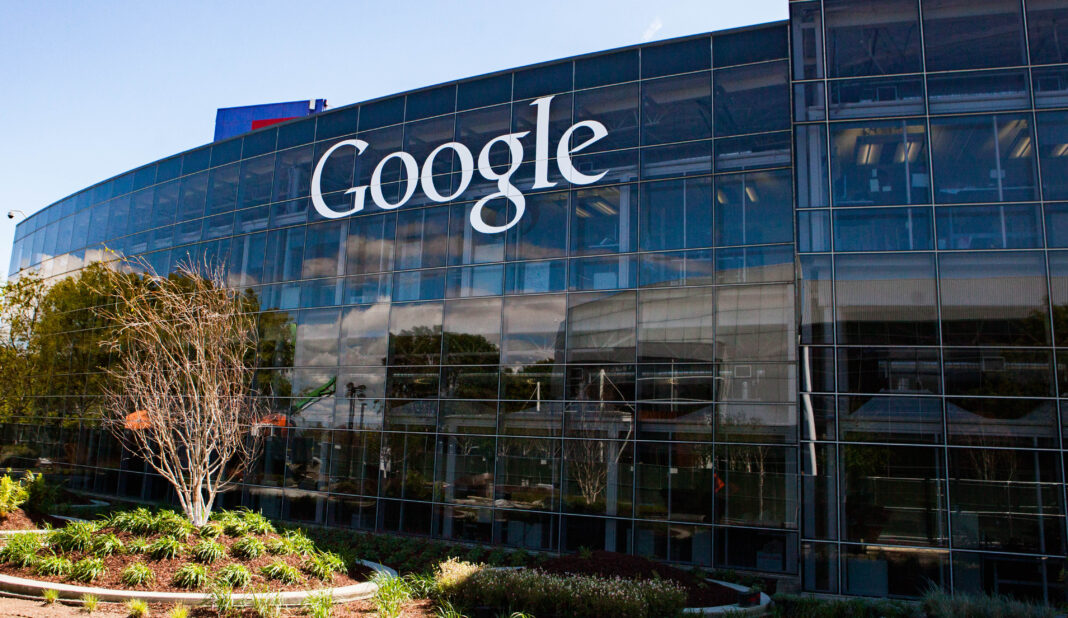The US Department of Justice has officially called for Google to spin off its Chrome web browser, marking the biggest antitrust action against a tech company in decades. The move follows a federal judge’s ruling that Google illegally maintained a monopoly in search, shutting out competitors like Bing and DuckDuckGo.
If the DOJ gets its way, it could permanently change the way millions of Americans search the internet and use Google’s services. The proposal is part of a broader effort to dismantle the monopolistic grip Google has on the tech industry.
What’s Behind the Call to Break Up Google
The DOJ and several states argue that Google unfairly made its search engine the default across platforms like Chrome, iPhones, and Android devices through exclusive contracts with companies like Apple and Samsung. These deals helped Google dominate the market, leaving competitors struggling to gain ground.
In their filing, government lawyers said spinning off Chrome could prevent Google from using its browser to maintain an illegal monopoly in search. They also want Google to stop collecting data from users without giving websites the option to opt out.
Could This Be the End of Chrome as We Know It?
If the court orders Google to sell Chrome, it could mean major disruptions to the way the browser integrates with other Google services. Chrome is one of the most widely used browsers globally, and a forced sale could pave the way for more competition in the search engine market.
The DOJ also proposed banning Google from making exclusive deals with companies like Apple and Samsung. Additionally, they want Google to syndicate its US search results to rival search engines for the next decade, giving alternatives like Bing a better chance to compete.
Google’s Role in AI Sparks New Fears
The case isn’t just about search—it’s also about artificial intelligence. Microsoft CEO Satya Nadella testified that Google’s dominance in search gives it a massive advantage in training AI models, calling it a “nightmare” for competition.
If Google can continue using billions of daily search queries to train its AI tools, Microsoft and other rivals could struggle to compete in the booming AI market. The DOJ’s proposals aim to limit Google’s ability to use search data for AI training without explicit consent.
A Parallel to Microsoft’s Antitrust Battle
The current case draws comparisons to the DOJ’s historic antitrust lawsuit against Microsoft in the 1990s. Back then, Microsoft was accused of bundling its Internet Explorer browser with Windows to stifle competition. That case ultimately opened the door for browsers like Chrome to thrive.
Now, Google finds itself in a similar position, accused of using Chrome to dominate the search market and stifle innovation. The parallels weren’t lost on Judge Amit Mehta, who noted that Google’s tactics mirror Microsoft’s efforts to suppress competitors like Netscape Navigator.
What Happens Next
The DOJ’s request sets the stage for a multi-month process, with a final hearing expected in April 2025. In addition to spinning off Chrome, the DOJ has proposed separating Google Search from its Android operating system and Google Play store. While these measures don’t necessarily mean a full breakup, they could dramatically alter Google’s business model.
Even as this case unfolds, Google faces another antitrust trial over its alleged monopoly in digital advertising technology. That case could result in additional penalties and restrictions.
The Future of Google Hangs in the Balance
This case marks a turning point for Big Tech. If the DOJ’s proposals are approved, it could reshape not just Google but the entire tech industry. For users, it may mean more choices and competition—but also potential disruptions to the services they’ve relied on for years.
What do you think? Should Google be forced to break up, or is this a step too far? Share your thoughts in the comments!


